eWay Bill
What is an eway bill?
e-way bill is short for Electronic Way Bill. GST E-way bill is a document used to track goods in transit introduced under the Goods and Service Tax. A taxable person registered under GST involved in the transportation of goods with a value of over Rs.50,000 must possess an E-way bill generated on the GST Portal.
LEDGERS has made E-way bill generation and management very simple for business. The Ledgers E-way bill tool is synced to GST invoices, bills of supply, purchases invoices, and customer or supplier accounts.
eWay Bills can be generated seamlessly at the click of a button and shared with the customers or suppliers. The procedure for moving the movements of goods is prescribed in the E-way bill rules. However, it is to be noted that when the GST Act came into being on the 1st of July, the E-way bill implementation was deferred.
Who should Generate an eWay Bill?
The following cases wherein a person having GST registration are causing goods movement should generate an E-way bill.
Documents required to generate eWay Bills
What documents are required to generate an E-way bill?
- Invoice/ Bill of supply/ Challan relevant to the consignment of goods
- In case of Transport by road- Transporter ID or the vehicle number
- Transport by rail, air, or ship- Transporter ID, Transport document number, and date.
What is the eWay bill format?
The E-way bill consists of two parts Part A and B. The Part A of the E-way bill collects the details related to consignment, usually the invoice details. Accordingly, the following information needs to be submitted.
How to Generate eWay Bill?
An E-Way Bill (EWB) is an ‘electronic way’ bill for movement of goods which can be generated on the E-Way Bill Portal. Any supplier or a transporter transporting goods with a value of more than Rs.50,000 (Single Invoice/bill/delivery challan) in a single vehicle should carry a GST e-way bill as per the GST Council regulations. The supplier or the transporter of the goods must register with GST to obtain GST E-Way bill. This bill shall come into effect from 1st April 2018.
After generating the E-Way bill on the portal using required credentials, the portal generates a unique E-Way Bill Number (EBN) and allocates to the registered supplier, recipient, and the transporter. In this article, we look at the steps to generate a e-way bill on the Government website.
The supplier or the transporter can create the E-way bill through the following ways:
Steps to generate e-Way Bill on the e-Way Bill portal
E-way bill can be generated on the GST E-Way Portal. To use the portal, you will need a GST registration and transporter registration.
Setp 1: Access the E-Way bill generation portal at https://ewaybill.nic.in/ and enter the login detail to enter the platform.
Setp 2: Click on the “Generate New” option from the E-Way bill- Main menu page to create a new E-Way bill.
e-way Bill Generate Online
Setp 3: A new EWB bill generation form appears. Fill in the details required similar to creating a GST invoice.
Select outward, if you are the supplier and inward, if you are the recipient. Enter details of the supplier and recipient along with GSTIN, wherever applicable.
When a registered GSTIN is entered in the field provided in the form, other details gets pulled into the empty fields. Before proceeding to the next step kindly check the details.
Enter Goods Description
Setp 4: The second half of the page will contain information to be filled as follows:
Setp 5: Generate E-way bill
After filling all the necessary details, click on the “SUBMIT” button to create the EWB. The Portal shall display the E-Way bill containing the E-Way Bill number and the QR Code that contains all the details in the digital format. The printed copy of the bill should be provided to the transporter who will carry it throughout the trip till it is being handed over to the consignee.
Setp 6: Consolidate E-way Bill Generation
A consolidated EWB can also be created which contains all the details on the transaction and is also easy to create it by providing just the ‘E-Way bill number’ in the required field. Click on “SUBMIT” to generate the consolidated EWB.
An E-Way bill can be updated once it is created. Details on the transporter, consignment, consignor and also the GSTIN of both the parties can be updated in the existing E-Way bill provided the bill is not due on its validity.
eway bill validity
What is the minimum distance required for E-way bill?
The significant amendment made effective video notification no. 12/2018- Central tax dated 7th March 2018 changes in the validity period of E-way bill. The new validity period provisions of the E-way bill are tabulated here:
| Type of Conveyance | Distance | E-way bill |
|---|---|---|
| Other than Over dimensional cargo | Less than 100 km | 1 day |
| For every additional 100 km and thereof | Additional 1 day | |
| For Over dimensional cargo | Up to 20 km | 1 day |
| For every additional 20 km and thereof | Additional 1 day |
The relevant date on which the E-way bill has been generated and the period of validity would be counted from the time at which the E-way bill has been generated, and each day would be counted as the period expiring at midnight of the day immediately following the date of generation of the E-way bill.
‘Over Dimensional Cargo’ is a cargo carried as a single indivisible unit and which exceeds the dimensional limits prescribed in rule 93 of the Central Motor Vehicle Rules,1989, made under the Motor Vehicles Act,1988 (59 of 1988).
SMS E-Way Bill Generation on Mobile
SMS e-way bill generation is ideal for entities with limited transactions, as it would be prudent to use other methods in case of higher volume.
SMS e-way bill generation facility can also be used by taxpayers in case of emergencies such as during the night or while involved in travelling in a vehicle.
Enabling SMS E-Way Bill Generate Facility
Before starting to transact, the taxpayer must first register his/her mobile number on the GST e-way bill portal. The system only enables and responds to mobile number registered on the portal for a particular GSTIN.
Once user selects option ‘for SMS’ under main option ‘Registration’, following screen is displayed.
The user must enter the mobile number and complete the OTP to register the mobile number.
In the next screen the mobile number registered with the GSTIN is displayed. The user can use this screen for delinking or changing the mobile number, if required.
Step 1: Access to Portal
The taxpayer or the transporter must open the e-way bill portal and log in using his/her credentials.
Step 1: Register Mobile Number
Enable the SMS e-way bill facility by following the below shown above. Once validation is complete and the mobile number is registered, you are ready to generate e-way bill using SMS.
Cases When E-Way Bill is Exempted or Not Required
When the below-mentioned goods are being transported E-way bill is not required :
In case of Transport of goods from customs port, airport, air cargo complex, and land customs station to an inland container depot or a container freight station for clearance by Customs, E-way bill is not required.
When a non-motorized conveyance is transporting goods, E-way bill generation is not required.
When following goods are being transported, the e-way bill is not required to be generated;
E-way bill is not required to be generated when the goods are being transported—

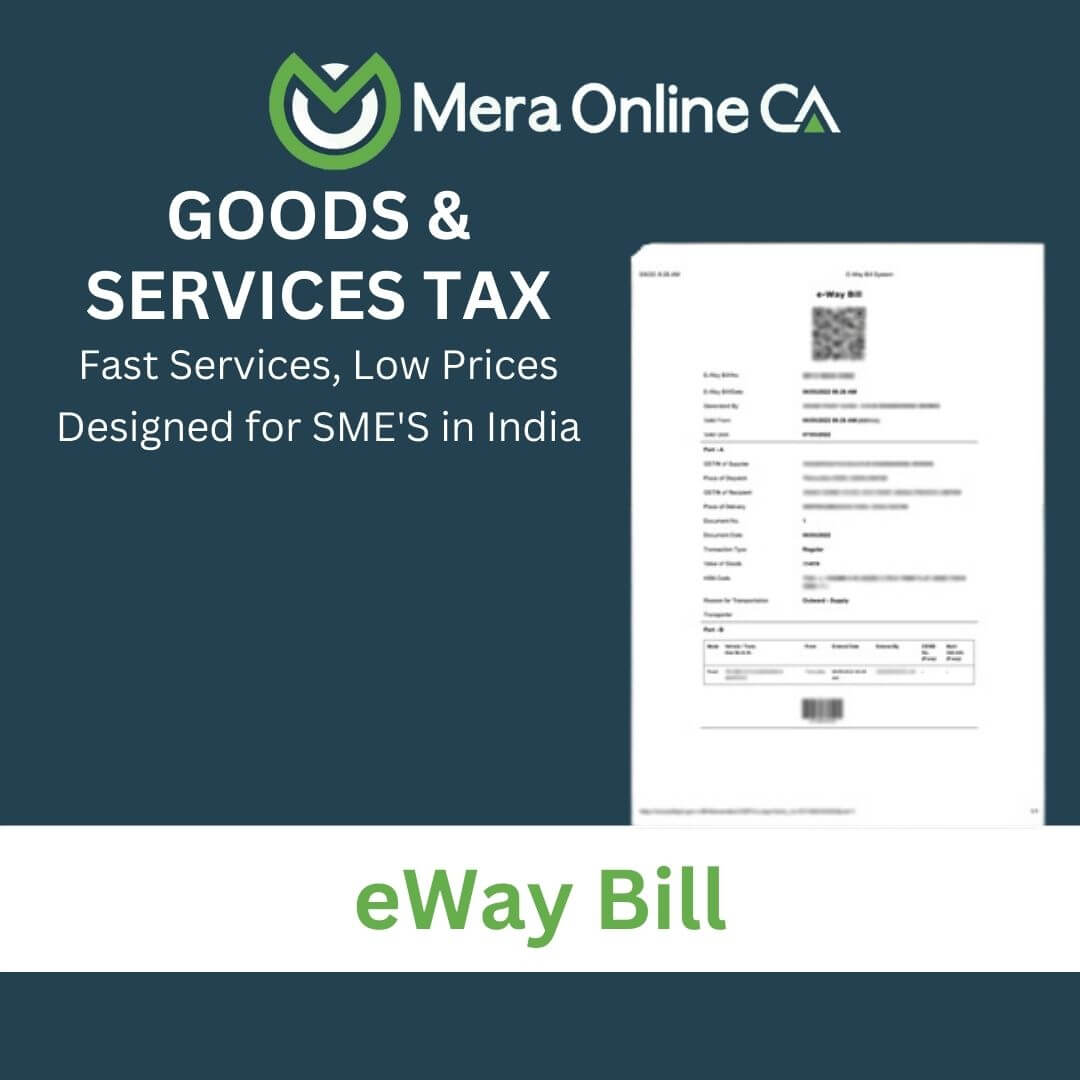
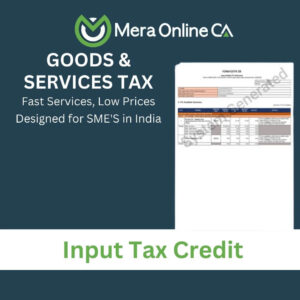
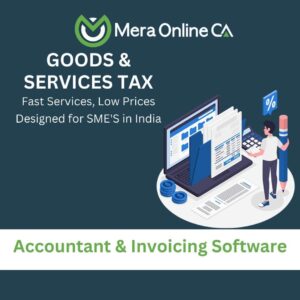
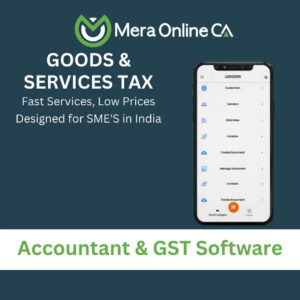
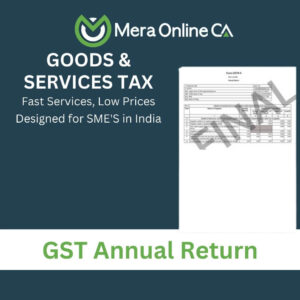
1. When shall a registered person generate an E-way bill?
17 November 2021
Every registered person before the movement of the goods of the consignment value of more than Rs.50,000/- shall generate an E-way Bill.
2. Can a transporter furnish the information in Part A of Form EWB 01?
17 November 2021
Yes, only on authorization from the registered person can the transporter furnish the details in Part A of Form GST-EWB-01.
3. Who shall generate an Eway bill if the goods are to be supplied through an ecommerce operator or courier agency?
17 November 2021
When the goods to be transported are supplied through an e- commerce operator or a courier agency, on an authorization received from the consignor, the information in Part A of FORM GST EWB-01 may be furnished by such e-commerce operator or courier agency and a unique number will be generated on the said portal.
4. If the principal sends the goods in one state to a job worker in another state who will create the e-way bill?
08 December 2021
In this case, the E-way bill shall be generated by the principal or job-worker, if registered, irrespective of the consignment’s value.
5. Is an e-way bill required in case of movement of handicraft goods when such person is not registered under GST?
17 November 2021
Yes, an e-way bill is required to be generated, irrespective of the value of the consignment and not being registered under GST.
6. What is consignment value?
08 December 2021
The consignment value of goods shall be the value, as declared in an invoice, a bill of supply or a delivery challan, as the case may be, issued in respect of the said consignment and also includes the central tax, State or Union territory tax, integrated tax and cess charged.
7. How can one generate an e-way bill?
08 December 2021
An E-way bill can be generated after furnishing the details in Form GST-EWB-01 on the common portal.
8. What details are to be furnished in Form GST EWB-01?
08 December 2021
It comprises of: Part A- details of the recipient. Part B- Transporter details.
9. Will the goods be delivered to the recipient in case of transportation by railways if the e-way bill is not produced by the recipient?
08 December 2021
No, the railways will not deliver the goods unless the e-way bill is produced by the recipient.
10. Who shall furnish the details of the goods that are handed over to the transporter for transportation by road and the e-way bill is not generated by the registered person?
08 December 2021
The registered person shall furnish the details in Part-A of the Form GST-EWB-01. Based on the registered person’s information, the transporter shall furnish the details in Part-B and generate the E-way bill.
11. Is an e way bill required for the consignment value of less than Rs.15,000?
08 December 2021
The registered person or the transporter at their option can generate an E-way bill. As per the Act, it is not required.
12. In case of goods movement by the unregistered person either in his conveyance or hired, who shall generate an Eway bill?
17 November 2021
The e-way bill can be generated either by the unregistered person or the transporter at their option in Form GST EWB-01.
13. Will the goods be delivered to the recipient in case of transportation by railways if the e-way bill is not produced by the recipient?
08 December 2021
No, the railways will not deliver the goods unless the e-way bill is produced by the recipient.